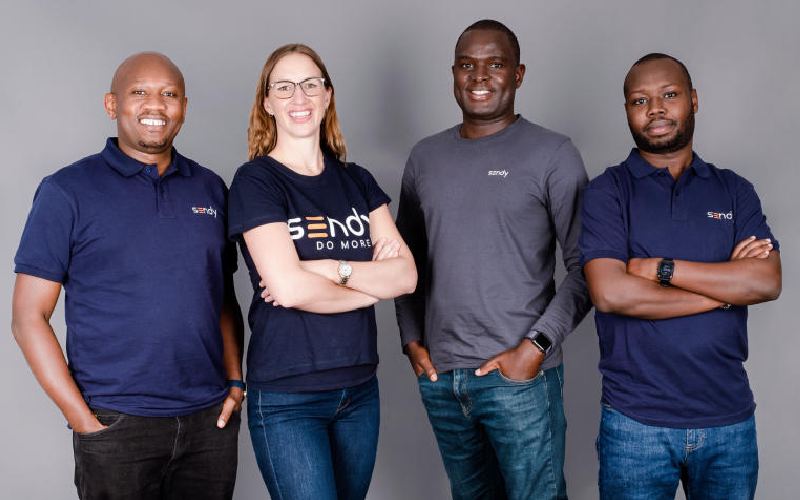×
The Standard e-Paper
Fearless, Trusted News

In under a decade, Sendy has positioned itself as a pan-African start-up facilitating trade for thousands of businesses across the region through its fulfilment infrastructure.
“The question we keep asking our customers is how we can help them sell more,” says Sendy co-founder and CEO Mesh Alloys.